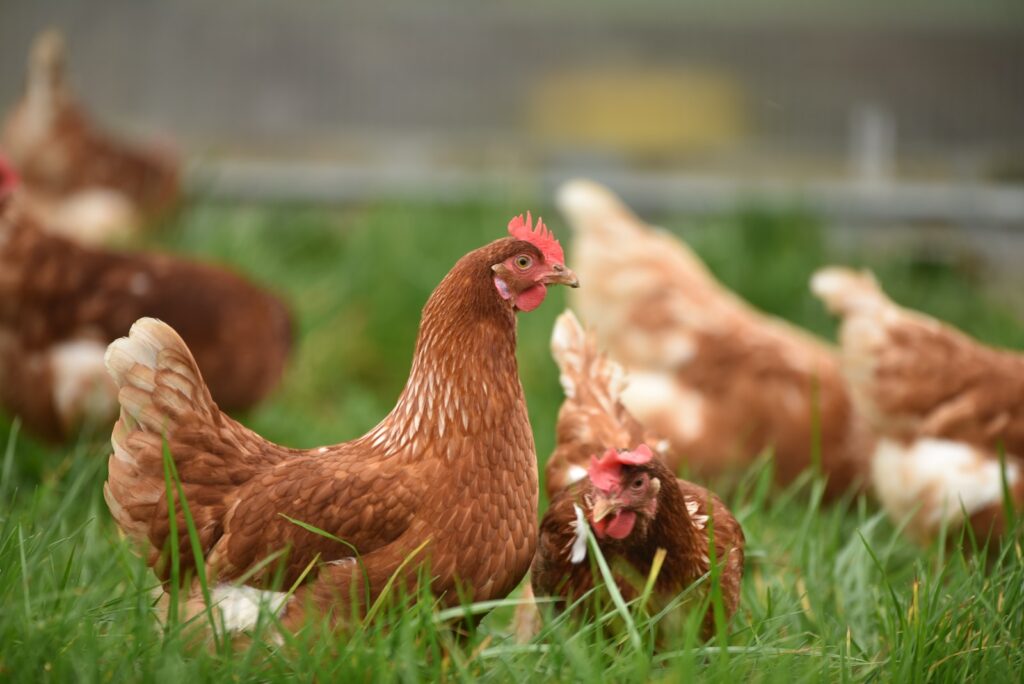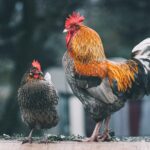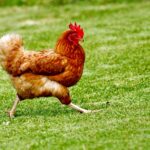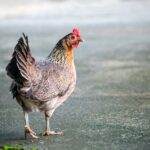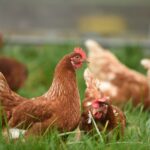Can Chickens Eat Onions: A Closer Look at the Risks
Onions, while a staple in many human diets, are not recommended for chickens. As an experienced SEO content writer and pet enthusiast, it is crucial to understand the potential risks associated with feeding onions to your feathered friends. While onions provide certain health benefits for humans, they can be harmful and even toxic to chickens. In this blog, let’s delve into the primary reasons why onions should not be a part of a chicken’s diet.
The Dangers of Onions for Chickens
Feeding onions to chickens can pose several health concerns. One major risk is that onions contain a compound called thiosulphate which can lead to a condition known as hemolytic anemia in chickens. This condition can damage the red blood cells of the chicken, leading to decreased oxygen-carrying capacity and overall weakness. Hemolytic anemia can be life-threatening to chickens and should be avoided at all costs.
Potential Symptoms and Reactions
If a chicken consumes onions, it may exhibit various symptoms and reactions. These can include weakness, lethargy, pale comb and wattles, reduced appetite, and decreased egg production. In severe cases, chickens may even show signs of labored breathing or cyanosis, which is the bluing of the skin. These symptoms should not be taken lightly and prompt veterinary care should be sought if any onion consumption is suspected.
Safe Alternatives for Chickens
Although onions are off-limits for chickens, there are several other foods and treats that can be safely incorporated into their diets. Leafy greens, such as spinach and kale, are rich in vitamins and minerals and make excellent choices. Fruits like watermelon and berries can also be given as occasional treats. Additionally, grains like corn and oats are great sources of energy for chickens. Ensuring a well-balanced and nutritious diet for your chickens is essential for their overall health and well-being.
Tips for Preventing Access to Onions
Preventing your chickens from accessing onions is crucial to their safety. Stored onions should be kept in a secure location away from the chicken coop or run. It is also important to properly dispose of any onion scraps or waste where chickens cannot access them. Additionally, educating yourself and others who interact with your chickens about the dangers of onions is essential in preventing accidental consumption. Being proactive and vigilant will help create a safe environment for your beloved pets.
Conclusion
In conclusion, it is clear that onions are not suitable for chickens due to the potential health risks they pose. The compound found in onions can lead to hemolytic anemia, which can be detrimental to the overall well-being of chickens. It is essential to provide a well-balanced diet for your chickens, focusing on safe alternatives such as leafy greens, fruits, and grains. By taking preventative measures to ensure that chickens do not have access to onions, you are promoting responsible pet care and prioritizing their health and happiness.

